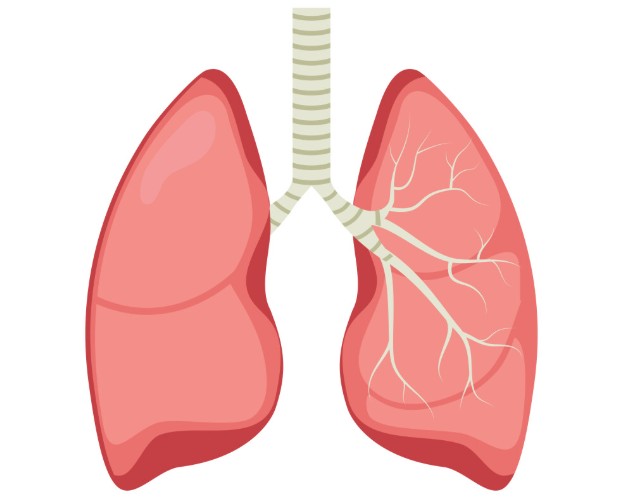Think about your body as a magnificent, complex machine. While many parts require your active attention – like fueling it with food or directing its movement – a crucial engine runs tirelessly, mostly unnoticed: your lungs. These spongy organs are far more than just air sacs; they are the powerhouses responsible for your very breath, delivering the oxygen that fuels every cell and expelling the carbon dioxide waste they produce. This vital, complex process unfolds automatically, managed by your autonomic nervous system, but the health and efficiency of this core engine depend significantly on your conscious choices.

The anatomy of your lungs is a marvel of biological engineering. The lungs are not merely simple sacs; they are complex structures containing millions of minute air sacs, known as alveoli. These alveoli, acting like tiny conversion stations, are draped by a thick capillary network. Inhalation, triggered by muscles like the diaphragm expanding the chest, draws air rich in oxygen deep into these sacs. Right here, a quiet but extremely crucial exchange unfolds: oxygen from the alveoli permeates into the capillaries, where it's efficiently bound by hemoglobin within the red blood cells. Simultaneously, carbon dioxide, carried by the blood from the body's tissues, diffuses into the alveoli to be exhaled. This tireless cycle, repeating 15 to 25 times every minute and processing a staggering 10,000 liters of air daily, is the foundation of your body's energy and function.
Given this automatic efficiency, why should we, living busy lives, consciously focus on our lungs? Because while the mechanism is automatic, the condition and capacity of your lungs are highly sensitive to your environment and habits. Ignoring lung health is like neglecting the engine of a powerful car – it might run for a while, but its performance will degrade, and its lifespan will shorten. Your lungs are constantly interacting with the external world through the air you breathe, making them vulnerable to damage from pollutants and pathogens. Investing in lung health isn't about taking over the automatic process; it's about creating the optimal conditions for this vital engine to function at its best throughout your life.

Prioritizing the health of your lungs translates directly into increased vitality and resilience. Simple, consistent actions make a profound difference. Ensuring you stay well-hydrated helps maintain the necessary moisture in your respiratory passages, protecting them from irritation. Engaging in regular physical activity, such as yoga or swimming , is akin to fine-tuning the engine – it strengthens your heart and lungs, boosting their capacity and efficiency. The single most impactful decision you can make is avoiding smoke – quitting smoking and diligently steering clear of second-hand smoke. Furthermore, minimizing exposure to air pollution, perhaps by wearing masks when needed, acts as a crucial shield. Seeking out fresh air, particularly in green spaces, provides your lungs with high-quality input. A balanced diet rich in fruits and vegetables supplies the nutrients needed for repair and defense, while limiting inflammatory foods reduces stress on the system. Simple preventative steps like staying warm and avoiding crowded, germ-prone environments during cold season are essential maintenance, protecting your lungs from infections that can impair their function.

The profound wisdom here is that the body's most fundamental, automatic processes are best supported by conscious, intentional care. Your lungs are your silent partners in life, tirelessly working to keep you alive and energetic. By making deliberate choices – hydrating, moving, avoiding pollutants, eating nourishing food, and preventing illness – you are not just maintaining an organ; you are actively investing in the very foundation of your health and capacity to live a full, vibrant life.




